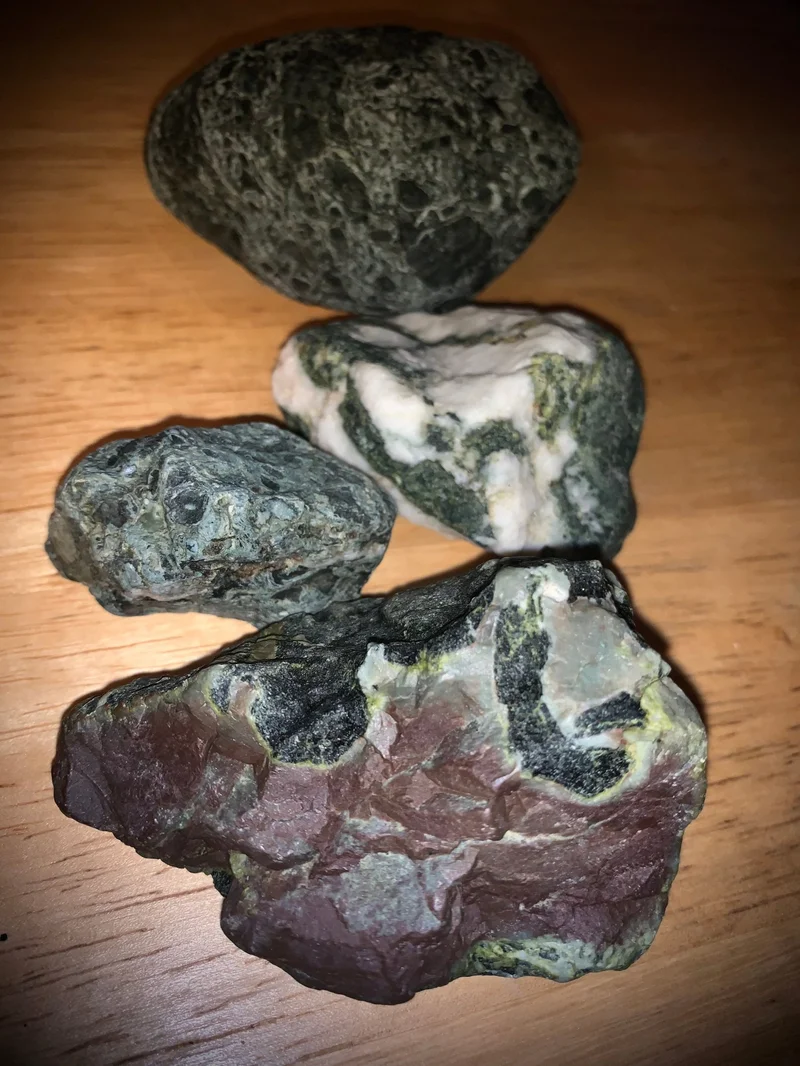Let's be brutally honest for a second. The news that China just tightened its grip on rare earth minerals should surprise absolutely no one who’s been paying attention. This isn't some shocking geopolitical gambit; it's the check arriving at the end of a 30-year dinner party where America ate like a king and assumed someone else was picking up the tab.
Well, the bill is here. And it’s a doozy.
On Thursday, Beijing decided to add another five of these magical metallic elements—the stuff that makes your iPhone vibrate and guides a Tomahawk missile to its target—to its "do not fly" list without a permission slip. They also slapped export controls on the technology to process the damn things. It’s a masterclass in leverage. China isn’t just holding the minerals hostage; they’re holding the instruction manual for how to use them.
And our response? A classic all-caps tirade on Truth Social from Donald Trump, threatening to "financially counter their move" and boasting, "For every Element that they have been able to monopolize, we have two."
Two what? Two scoops of ice cream? Two bankrupt casinos? The statement is so profoundly meaningless it loops back around to being a work of art. It’s the kind of bluster you hear from a guy in a bar fight right before he gets knocked out cold.
The Landlord Just Changed the Locks
To understand how completely screwed we are, you have to stop thinking of this as a simple trade dispute. This is more like a landlord-tenant situation, where we’re the tenant. For decades, we’ve been living in a high-tech apartment, enjoying all the amenities: cheap electronics, powerful military hardware, green energy tech. All the while, we knew the landlord—China—owned the building, the boiler room, and the only set of master keys.
We just didn't care because the rent was cheap.
China accounts for 92% of the global processing for `rare earth minerals`. Let that number sink in. We have one, count it, one operational mine in the US, out in California. And for years, what did we do with the raw materials we dug up? We packaged them up and shipped them straight to China to be processed, because we lacked the industrial capacity to do it ourselves. This is a bad joke. No, 'bad' doesn't cover it—this is a five-alarm national security dumpster fire that we lit ourselves. We were literally paying our biggest economic and strategic rival to forge the keys to our entire technological kingdom.
So when Trump says we have "two" for every one of theirs, what is he even talking about? Having raw ore in the ground without the ability to process it is like owning a mountain of crude oil with no refinery. It’s just dirty, useless rock. Offcourse, facts have never been a major obstacle for a good tweet, but reality has a nasty habit of catching up. What does a "financial counter" even look like when the other side controls the essential ingredients for your entire 21st-century economy, from F-35s to EV batteries?

A Crisis We Paid For
The real kicker in all of this is that the term `rare earth elements` is a misnomer. These 17 metals aren't particularly rare. They're just catastrophically filthy to mine and process. It’s a toxic, complicated, and expensive business.
And for the last 30 years, America’s corporate and political leaders made a very simple calculation: why deal with the environmental mess and the high labor costs here when we can just pay China to do it? It was the same logic that sent our manufacturing overseas. Out of sight, out of mind. We offshored the dirty work so we could keep our hands clean and our prices at Walmart low. We got cheap iPhones, and in exchange, China got a monopoly on the `critical minerals` that run the modern world. It was a deal with the devil, and the devil always comes to collect. This whole situation gets to the heart of What are rare earth minerals, and why are they central to Trump’s threats against China?
This whole situation reminds me of my neighbor who buys everything on Amazon because it's a few bucks cheaper, then complains when all the local stores shut down. We are that neighbor, but on a global scale. We outsourced our industrial backbone for convenience and quarterly profits, and now we’re shocked—shocked!—that the company town we helped build is setting the rules.
Are we really supposed to believe there wasn't a single person in the Pentagon or the Commerce Department over the last two decades who stood up and said, "Hey, maybe letting our primary geopolitical adversary gain a near-total monopoly on materials essential for our national defense is a bad idea?" Or were they all just silenced by the lobbyists promising another quarter of record profits?
So, What's the Genius Plan Now?
Here's the part where I’m supposed to offer some hope, right? Talk about American ingenuity and the plucky spirit of innovation. Don’t hold your breath.
Rebuilding a domestic rare earth supply chain isn’t something you do with a presidential decree and a few patriotic-sounding press releases. Experts say it would take a decade and billions upon billions of dollars to even begin to compete with China’s scale. It requires building refineries, training a specialized workforce, and—here’s the real sticking point—convincing American communities to welcome the kind of toxic industrial sites we were so happy to get rid of 30 years ago.
Is that going to happen? Are people in suburban America going to vote for a rare earth processing plant to be built next to their kids' school? Are consumers, already squeezed by inflation, going to happily pay 20% more for a smartphone so it can have a "Made in USA" sticker on its minerals? I have my doubts.
Then again, maybe I'm the crazy one here. Maybe there’s a secret plan I’m not privy to, a grand strategy unfolding behind the scenes. Or maybe the plan really is just to tweet harder and hope for the best. And honestly... that seems more likely.
The Bill Always Comes Due
Look, let’s just call it what it is. For a generation, the West, and America in particular, made a pact. We let China do the dirty, expensive, and difficult work of producing the foundational materials of modern life. In return, we got cheap gadgets and the illusion of a clean, post-industrial economy. It was an addiction to convenience, and China was our dealer. Now, the dealer is upping the price and reminding us who’s really in control. Trump’s threats are meaningless noise. This isn't a problem you can solve with tariffs or a tough-guy tweet. It’s a deep, structural rot born from decades of shortsighted greed and strategic incompetence. The free lunch is officially over, and we're about to find out just how much it's going to cost.

